Porn and Depression: Coping or Complicating?
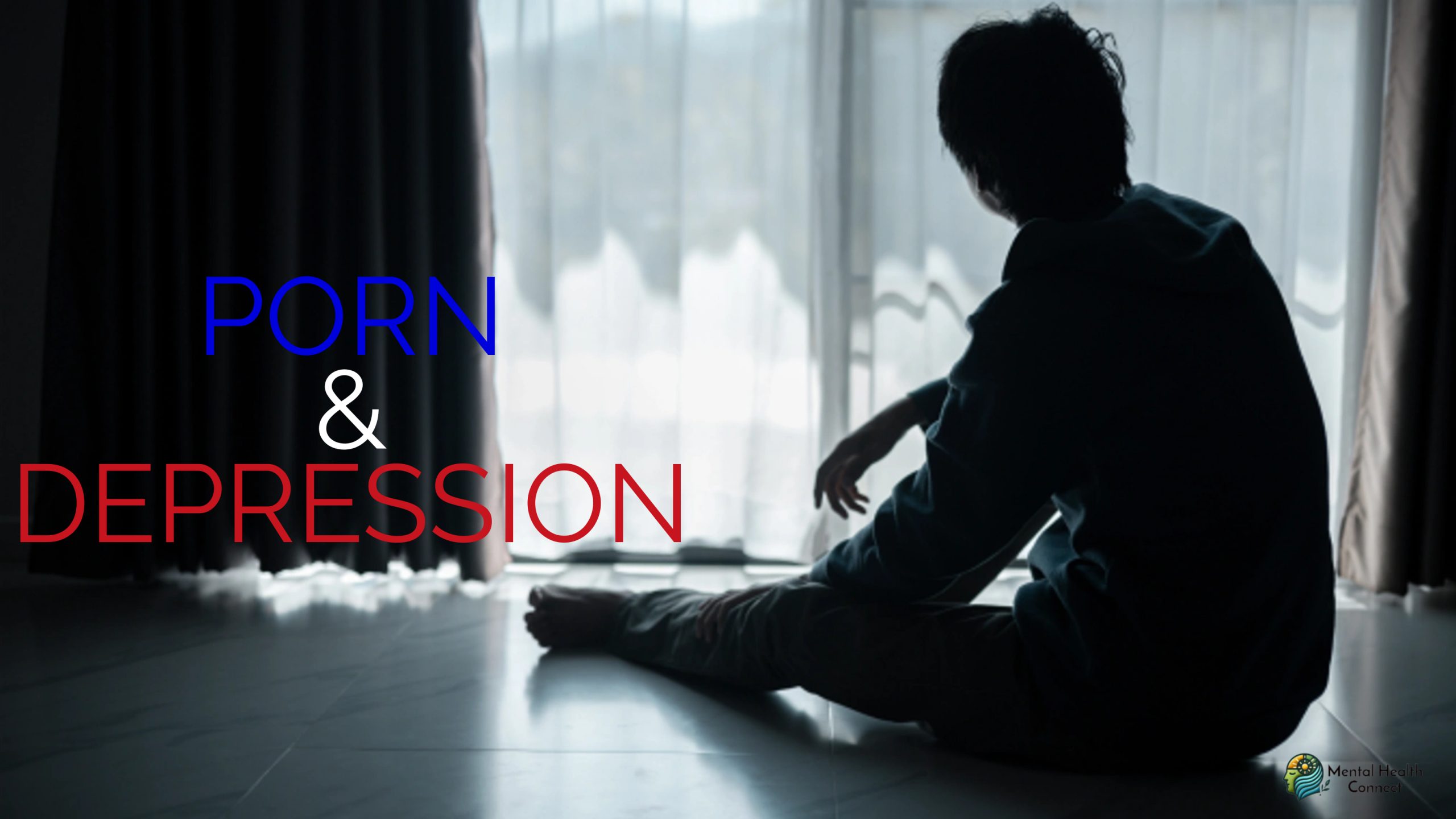
In today’s digital age, the relationship between pornography consumption and mental health has become increasingly complex. For many individuals struggling with depression, pornography can seem like an accessible form of temporary escape or self-soothing. But does it actually help with coping, or might it be complicating an already challenging situation? This article explores the nuanced relationship between pornography use and depression, examining both the psychological mechanisms at play and the potential implications for mental health.
The Temporary Relief Phenomenon

For those experiencing depression, pornography can offer a momentary neurochemical boost. The brain’s pleasure pathways respond to sexual imagery by releasing dopamine, creating a temporary feeling of satisfaction or distraction from emotional pain. This immediate gratification can be particularly appealing when dealing with the persistent low mood that characterizes depression.
Dr. Sarah Martinez, a clinical psychologist specializing in mood disorders, explains: “The brain naturally seeks pleasure when we’re feeling down. Pornography provides an accessible dopamine hit that temporarily masks emotional discomfort. However, this relief is often short-lived and doesn’t address underlying issues.”
When Coping Becomes Complicating
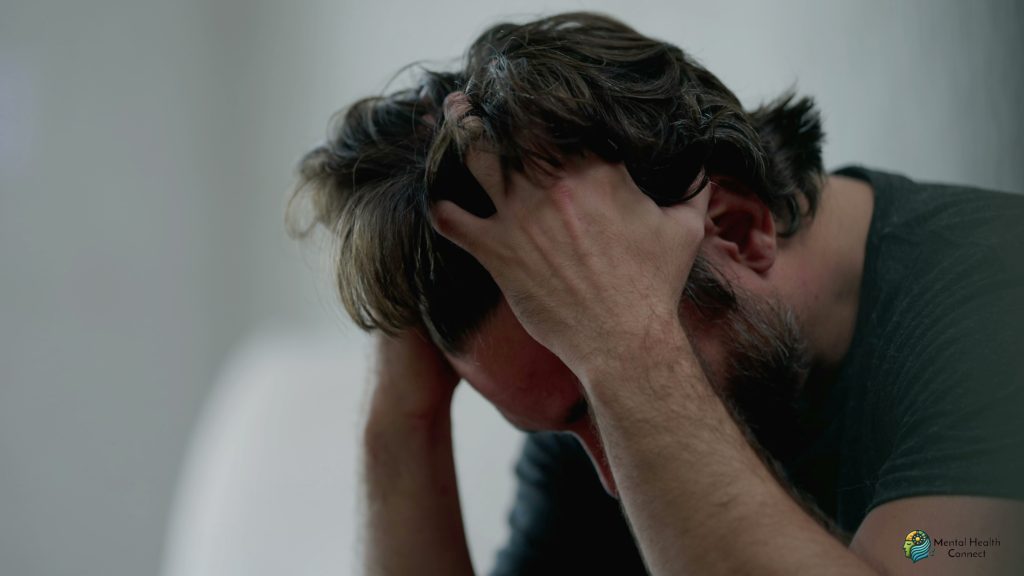
Research suggests that while pornography might provide momentary relief, habitual use as a coping mechanism for depression may lead to several complications:
- Reinforcing Avoidance: Using pornography to escape negative emotions can reinforce avoidance behaviors, potentially preventing individuals from developing healthier coping strategies.
- Reward Circuit Adaptation: Frequent pornography use may lead to desensitization of the brain’s reward circuitry, potentially worsening anhedonia (inability to feel pleasure) – a key symptom of depression.
- Social Isolation: Excessive pornography consumption can sometimes substitute for genuine human connection, potentially exacerbating the social withdrawal common in depression.
- Shame Cycles: For many people, pornography use is accompanied by feelings of guilt or shame, which can compound existing negative self-perceptions associated with depression.
The Research Landscape
Studies examining the relationship between pornography and depression have yielded mixed results, highlighting the complexity of this issue. A 2019 review published in the Journal of Sex Research found correlations between problematic pornography use and depression symptoms, but noted that the relationship appears bidirectional – depression may increase pornography use, and certain patterns of use may worsen depression.
It’s important to recognize that correlation doesn’t equal causation. Many factors, including pre-existing mental health conditions, cultural and religious backgrounds, relationship status, and individual differences in sexuality can influence how pornography affects a person’s psychological well-being.
Healthier Alternatives for Emotional Regulation
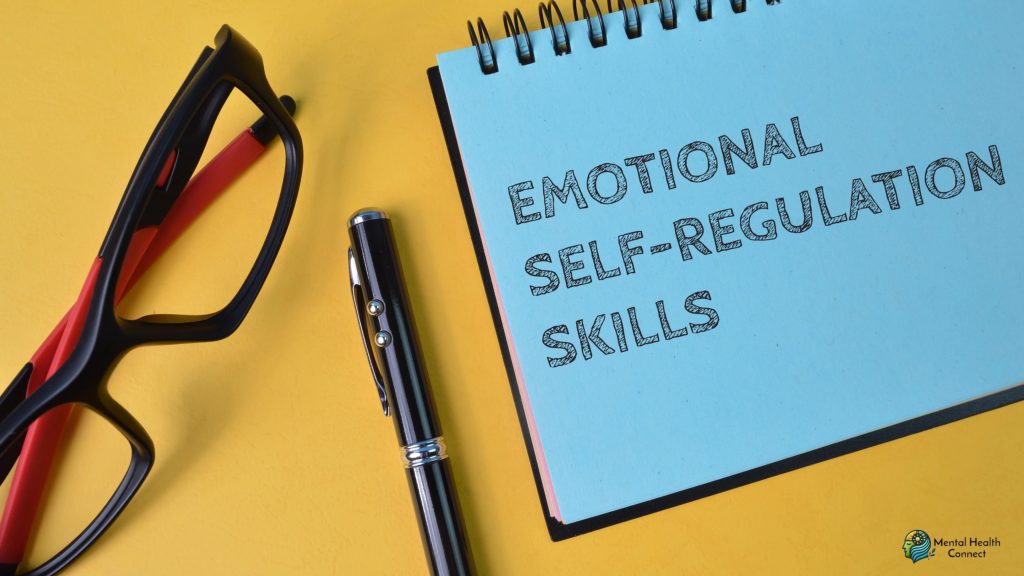
Mental health professionals recommend developing a diverse toolkit of coping strategies for managing depression, rather than relying solely on quick-fix solutions like pornography. These might include:
- Mindfulness practices that help build awareness of emotions without avoidance
- Physical exercise, which naturally boosts mood through endorphin release
- Social connection, even when it feels challenging
- Creative expression through art, music, or writing
- Professional support from therapists trained in evidence-based approaches like cognitive-behavioral therapy
Finding Balance: A Harm Reduction Approach
For those concerned about their pornography use while managing depression, a harm reduction approach may be more realistic than abstinence. This might involve:
- Setting intentional boundaries around when and how often to view pornography
- Being mindful of content choices and avoiding material that triggers negative emotions
- Recognizing when pornography is being used specifically to avoid difficult feelings
- Developing additional coping strategies to complement or replace pornography use
When to Seek Help
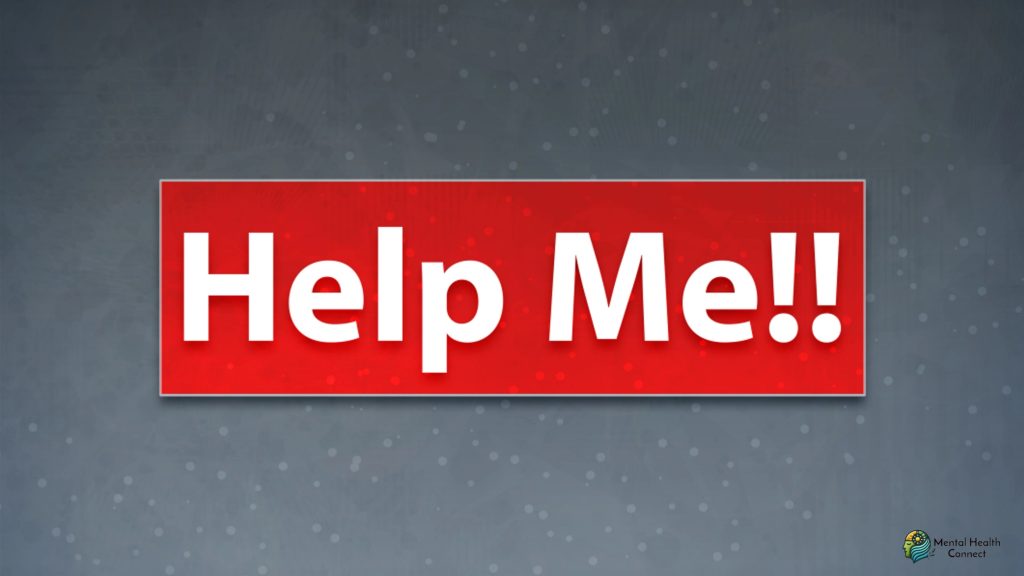
If you find that pornography use is interfering with daily functioning, relationships, or seems compulsive in nature, it may be beneficial to speak with a mental health professional. Similarly, if depression symptoms persist or worsen, seeking professional support is crucial.
Many therapists now recognize the importance of addressing pornography use as part of a comprehensive approach to mental health treatment, offering judgment-free spaces to explore these concerns.
The Bottom Line
The relationship between pornography and depression isn’t straightforward. While pornography may offer temporary relief from emotional distress, relying on it as a primary coping mechanism may complicate depression recovery in the long run. Developing a diverse range of healthy coping strategies, possibly with professional guidance, represents a more sustainable approach to managing depression and building emotional resilience.
Remember that mental health journeys are deeply personal, and what works for one person may not work for another. Compassionate self-awareness, rather than judgment, is key when examining how various behaviors impact your mental health.
FAQ: Pornography and Depression
Q: Does watching pornography cause depression?
A: Current research doesn’t support a direct causal relationship. The connection appears bidirectional, with depression potentially increasing pornography use, and certain patterns of use possibly exacerbating depression symptoms.
Q: What are signs that my relationship with pornography might be unhealthy?
A: Warning signs include feeling unable to control viewing habits, neglecting responsibilities or relationships, needing increasingly extreme content, or experiencing significant guilt or distress afterward.
Q: Can therapy help with both depression and problematic pornography use?
A: Yes. Many therapists are trained to address both issues, often using approaches like cognitive-behavioral therapy that can help with managing depression while developing healthier coping mechanisms.
Q: Is abstaining from pornography necessary for depression recovery?
A: Not necessarily. While some individuals benefit from abstinence, others may find a harm reduction approach more practical, focusing on mindful consumption and developing additional coping skills.
Q: Are there support groups for these issues?
A: Yes, both in-person and online support groups exist for depression and for those concerned about their pornography use. These communities can provide valuable perspective and encouragement.
-
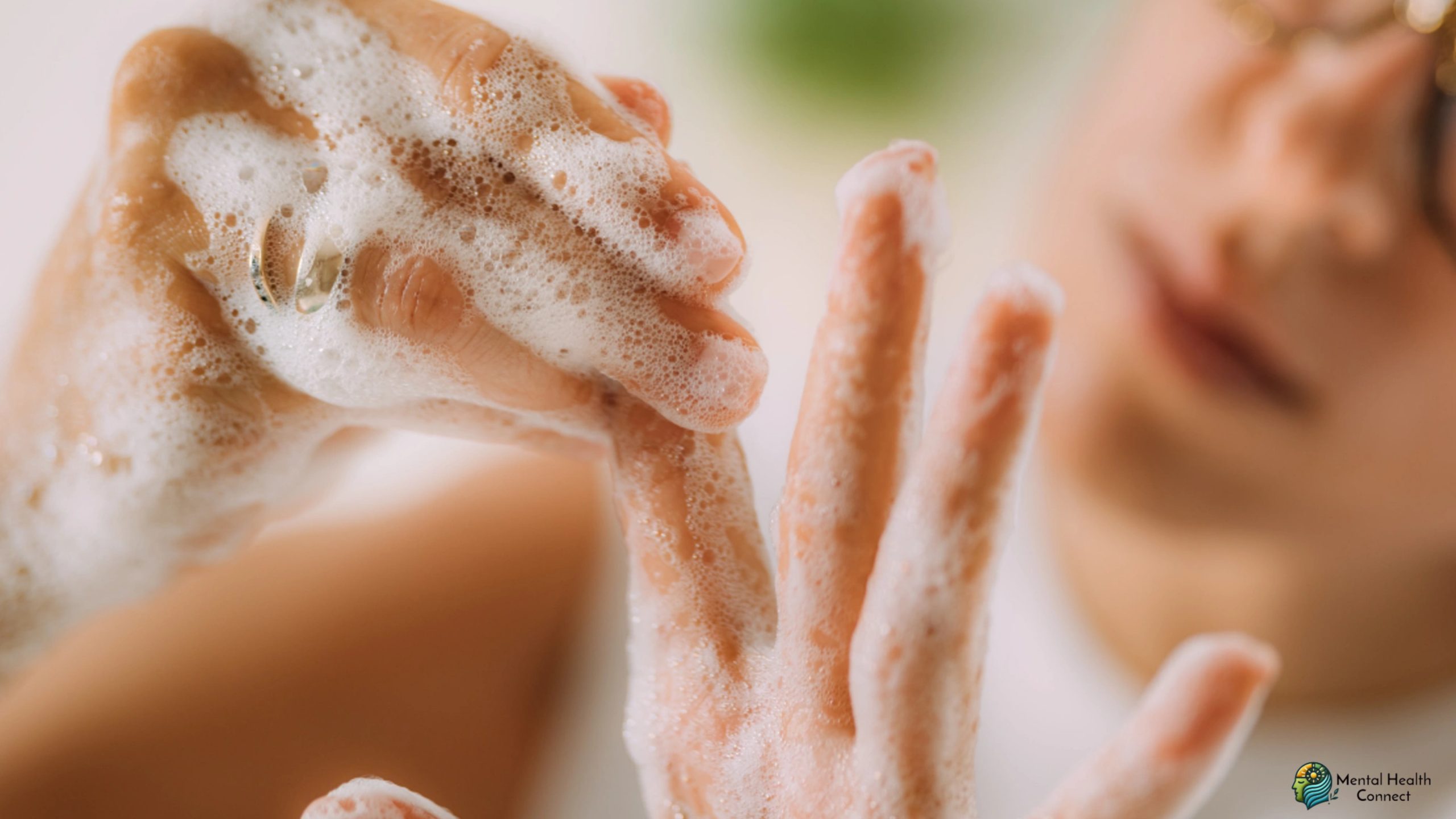 How to Support Someone with OCDApril 17, 2025
How to Support Someone with OCDApril 17, 2025 -


Leave a Reply